Comparing MBA and MPA Programs: Purpose, Career Paths, and Salary
VerifiedAdded on 2022/10/15
|6
|1114
|19
Report
AI Summary
This report provides a comparative analysis of Master of Business Administration (MBA) and Master of Public Administration (MPA) programs. It examines the distinct purposes of each degree, highlighting how MBAs cater to the private sector with specializations in operations, marketing, finance, and supply chain management, while MPAs focus on public accounting and preparing students for the Certified Public Accountant examination. The analysis further contrasts career options, noting that MBA graduates can pursue roles like accountants, investment bankers, and consultants, whereas MPA graduates often become budget analysts, auditors, or revenue agents. The report also discusses salary structures, indicating that while the median salary for accountants with either degree can be similar, career prospects and industry knowledge differ, with MBA graduates potentially having broader options. The report concludes that both courses are different because one focuses on the accounting filed while the other focuses on the activities outside and inside of the financial industry. The main similarity between both is both involve learning of the financial industry.
1 out of 6
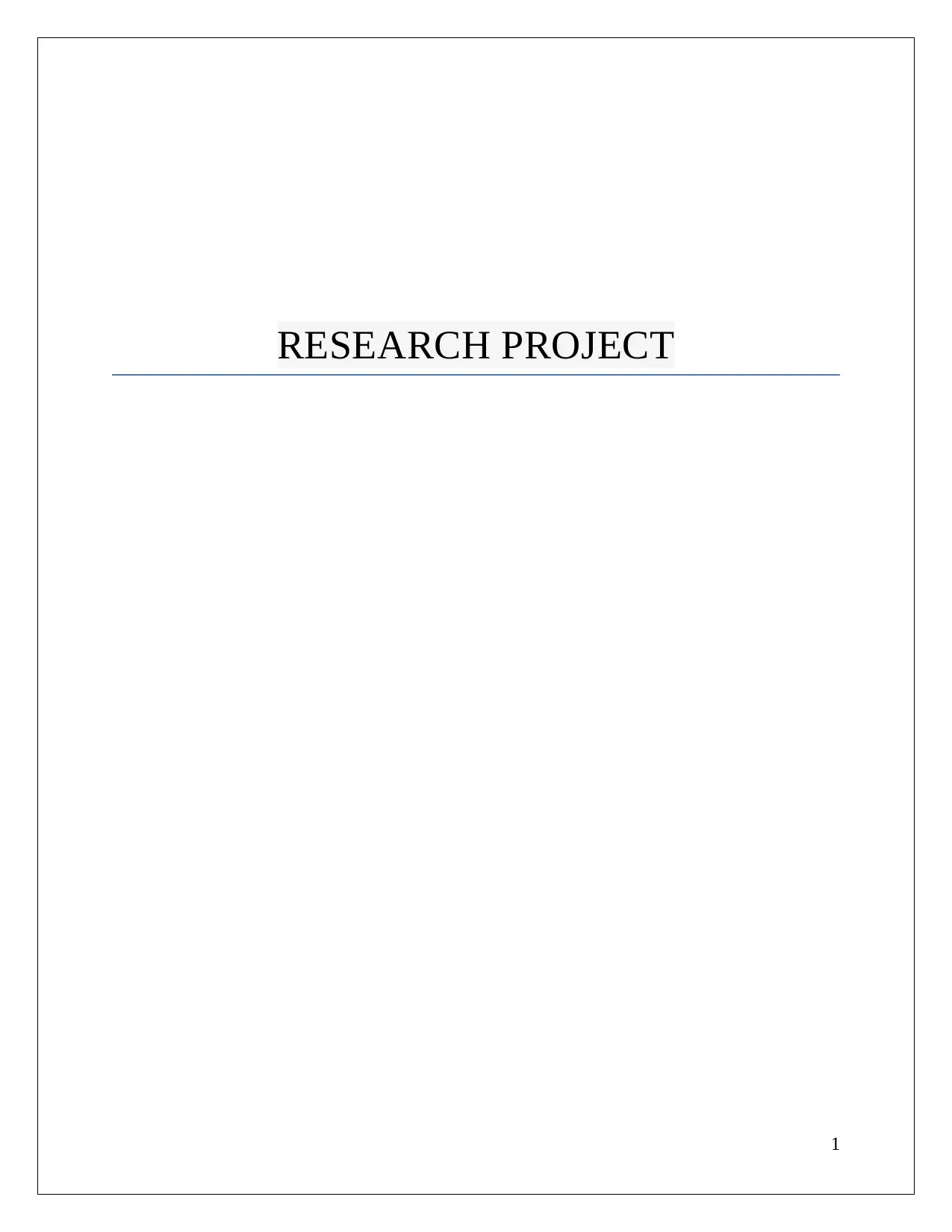
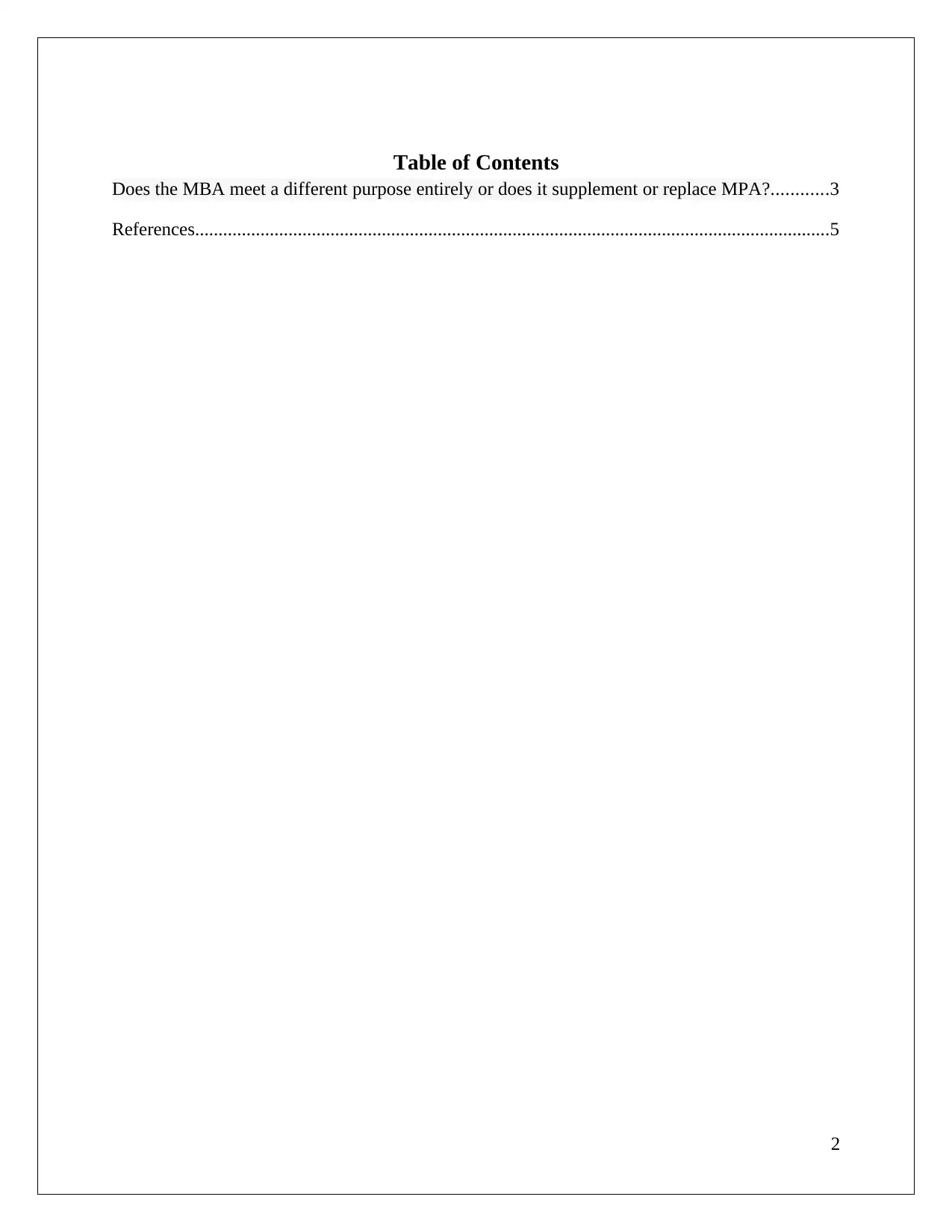
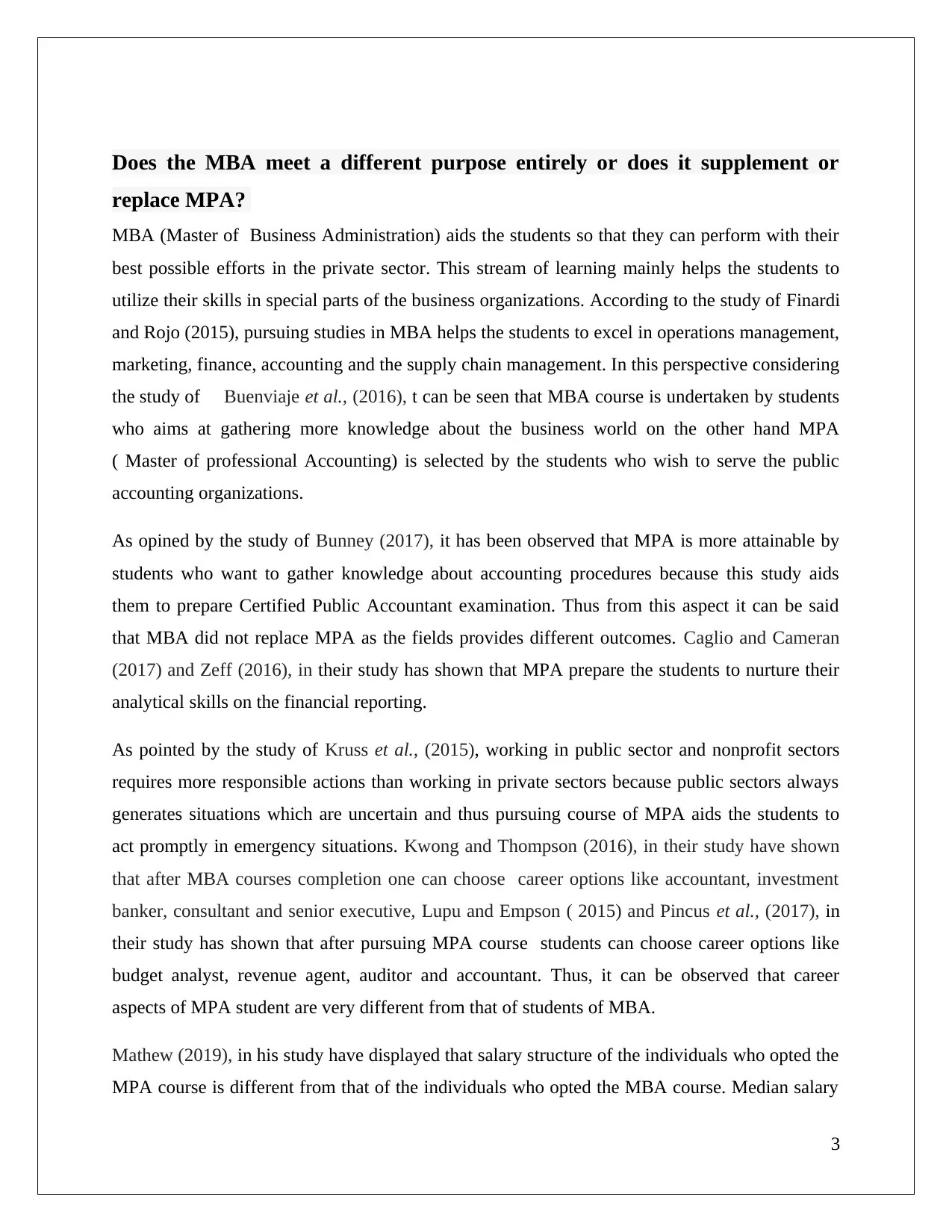

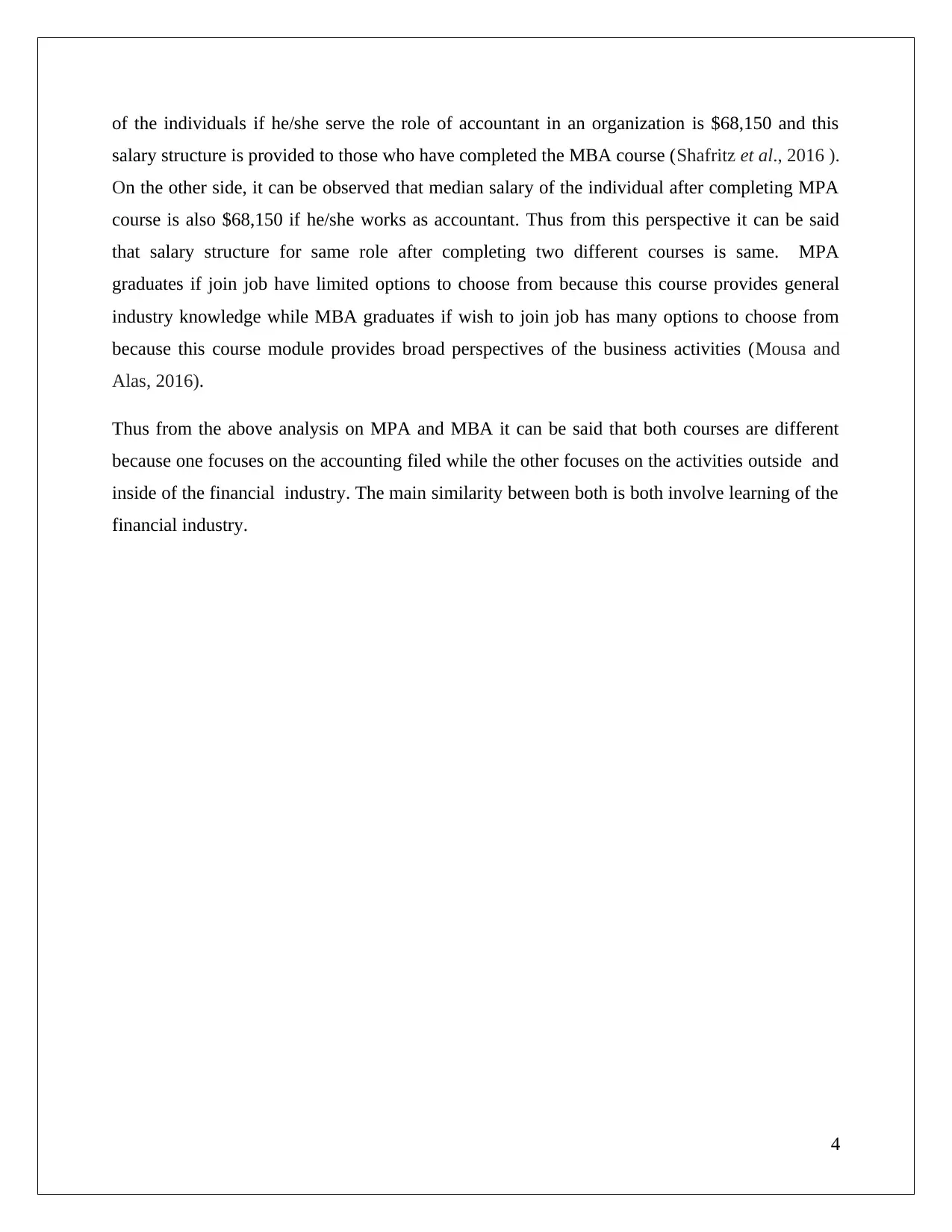
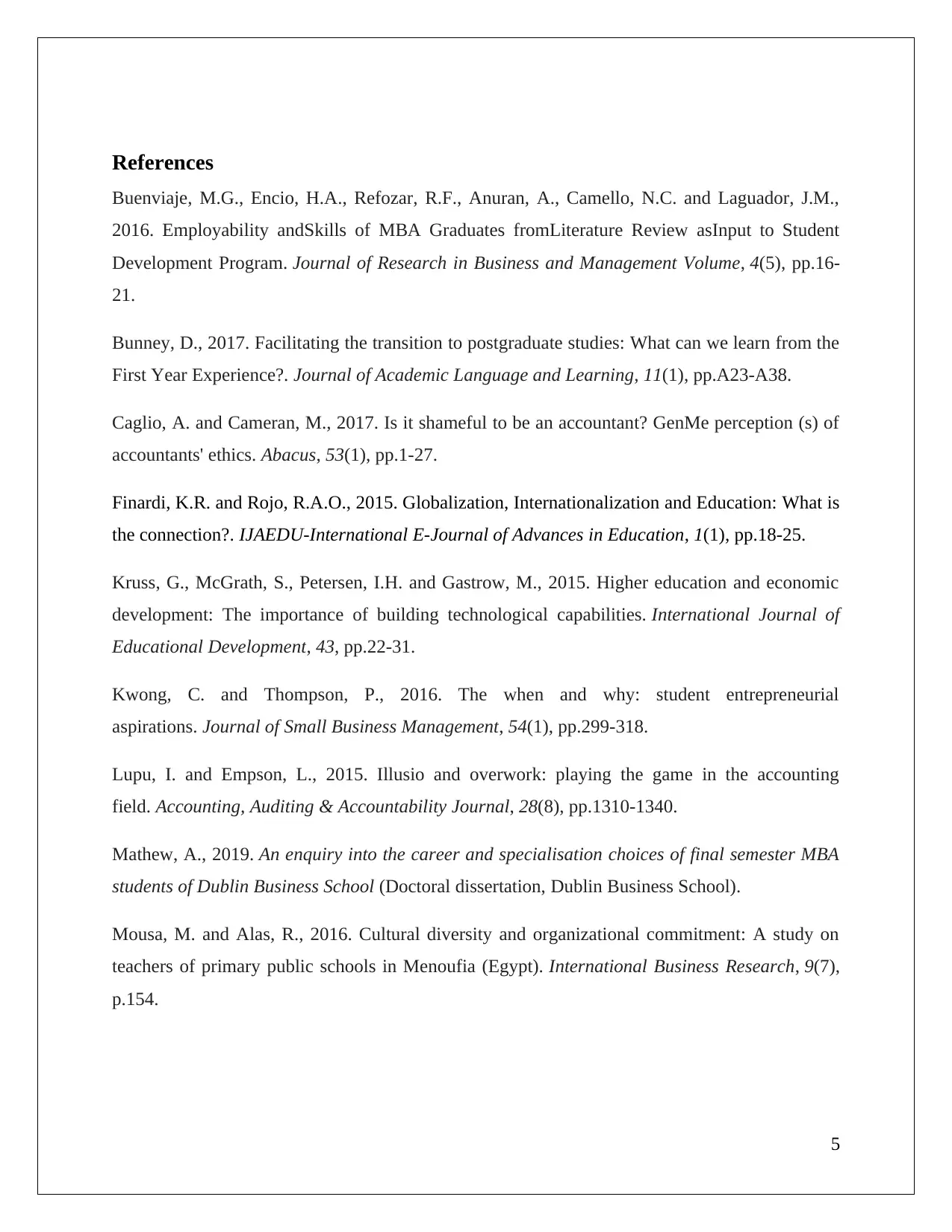
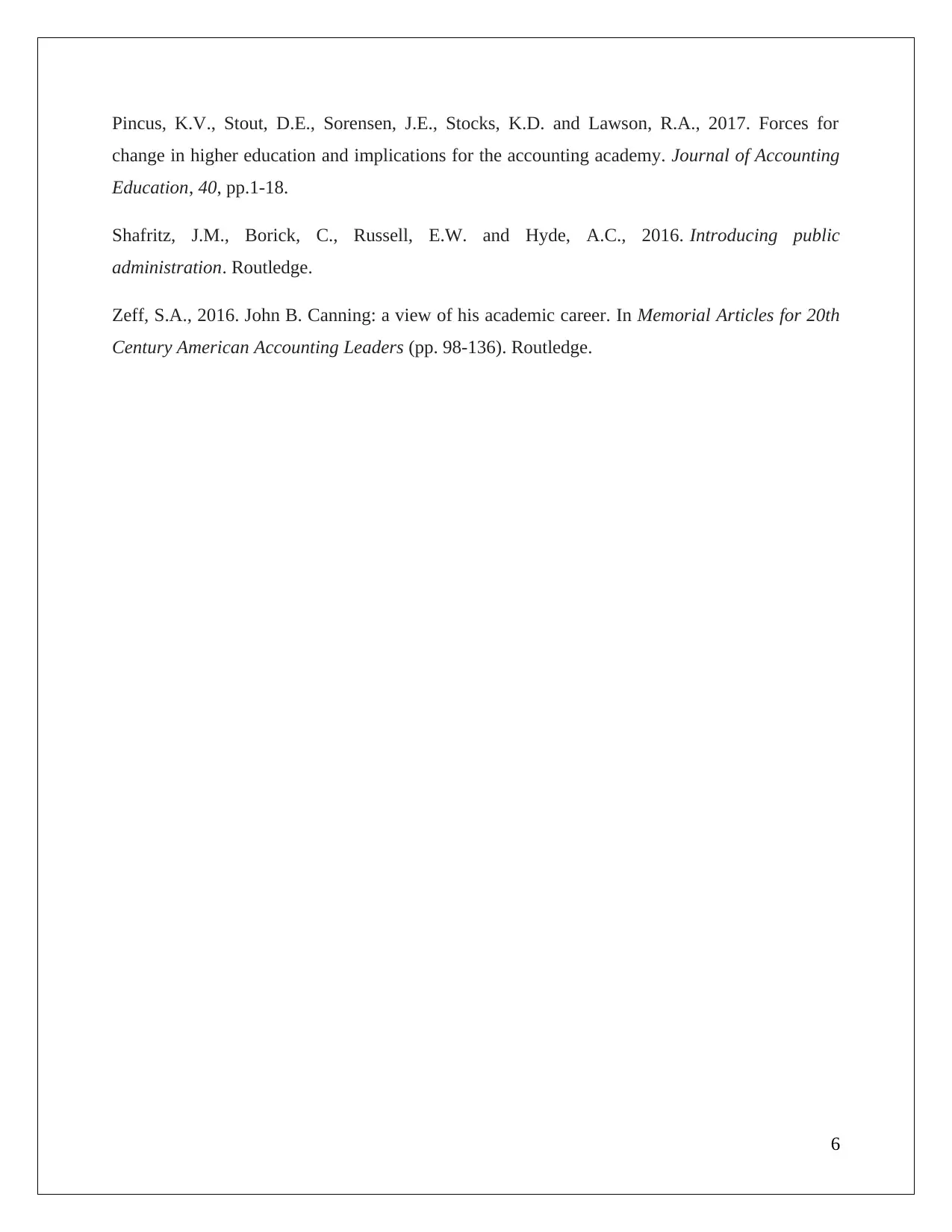






![[object Object]](/_next/static/media/star-bottom.7253800d.svg)